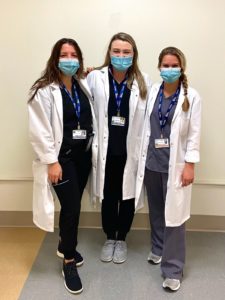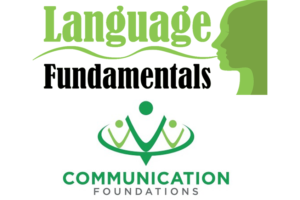A new reimbursement system called RCS-1 is coming.
For years we have been hearing from key policymakers in Washington DC about the perceived inequities associated with Medicare Reimbursement to Skilled Nursing Facilities. The harshest critics of the SNF industry felt providers were giving excessive therapy minutes to drive reimbursement with little regard to the diagnosis or clinical condition of the patient.
Let’s look back at the history of events that have contributed to getting us here:
- The implementation of MDS 3.0 back in October 2010 eliminated reimbursement for concurrent therapy. Therefore, increasing the focus on the delivery of individual therapy. Yes, group therapy had a brief “cup of coffee” for one year during FY 2011).
- In August 2015, an article published in the Wall Street Journal called “How Medicare Rewards Nursing Homes for Delivering Copious Amounts of Therapy.” It sent shockwaves through the industry yet was based on a sample of just 500 claims!
- SNF providers were, in turn, outraged that an article about such a small sample overshadowed their hard work in returning healthy seniors back to the community. With 92% of all Medicare Part A patients in a Rehab category under PPS, SNFs began to follow a rigid approach. Therapy minute planning, working within MDS schedules, look-back periods, etc. to meet RUG categories became standard procedure. Phrases like “hugging the RUG,” and “treating to the minutes” were born.
- According to PEPPER reports released over the recent years, utilization of Ultra High therapy increased steadily. The 50th percentile nationally rose to over 67% in 2015 compared to around 47% in 2012. SNF providers will point out, and rightfully so, that they have been seeing more medically complex patients with more co-morbidities than ever. Therefore, these patients require more therapy, not less, to show functional gains and have safe discharges back to the community.
- Whether warranted or not, the increase in therapy utilization produced an audit culture around the country that called into question the “necessity” of therapy services. SNF Providers began to experience RAC audits, ZPIC audits, probe reviews, and more. All aimed at recouping reimbursement and denying claims thought to be “not medically necessary.
”In May 2017 the Advanced Notice of Proposed Rulemaking (CMS-1686) introduced the Resident Classification System (RCS-1). RCS-1 will be a revision to the Medicare Part A reimbursement system and a replacement for the RUG-IV System. In the RCS-1 System, the amount of therapy minutes is no longer a “driver” of per diem reimbursement.
In the upcoming weeks, our team at Language Fundamentals will dive deeper into the highlights of RCS-1 and begin our preparations for an October 2018 implementation.



